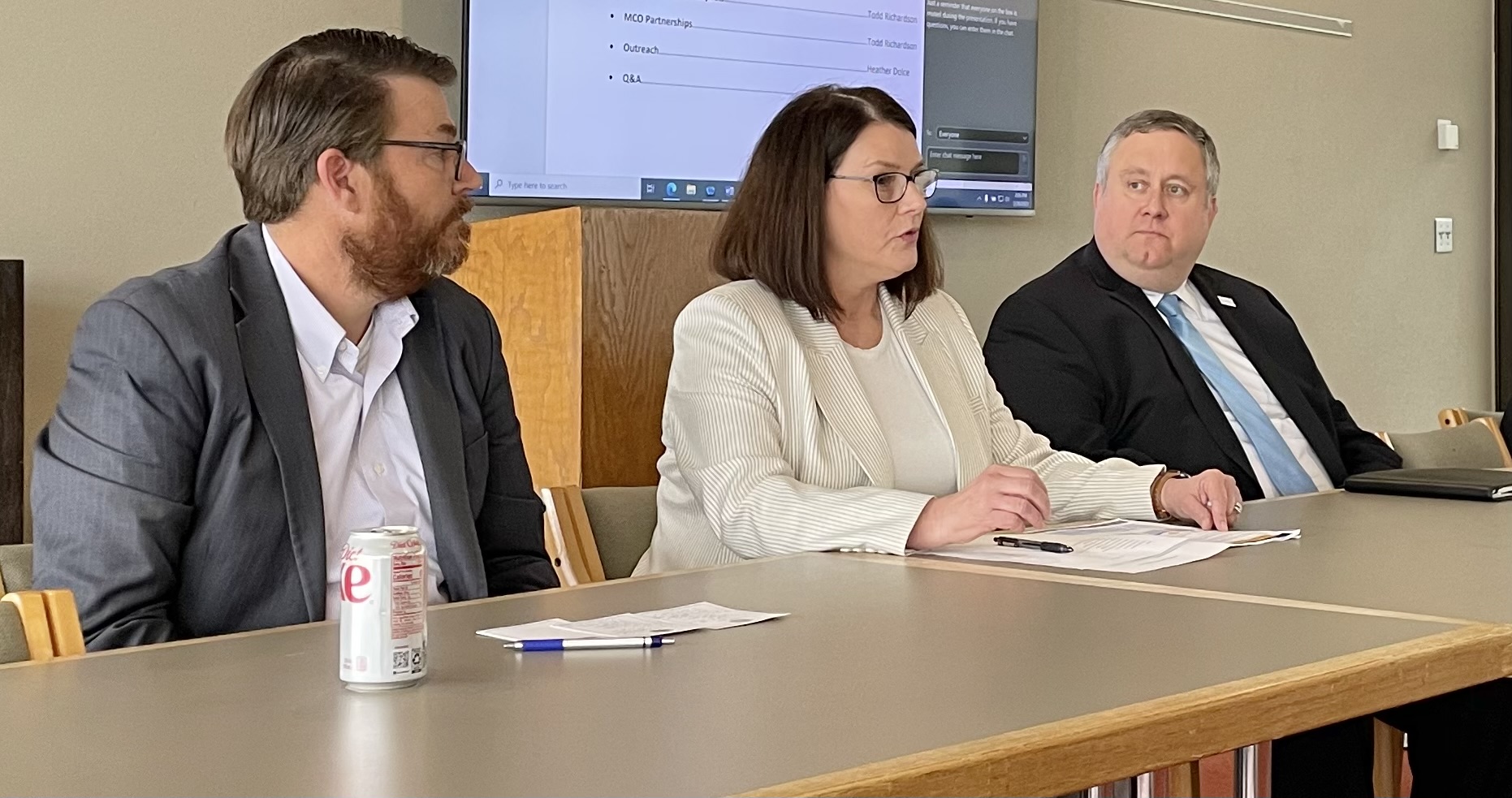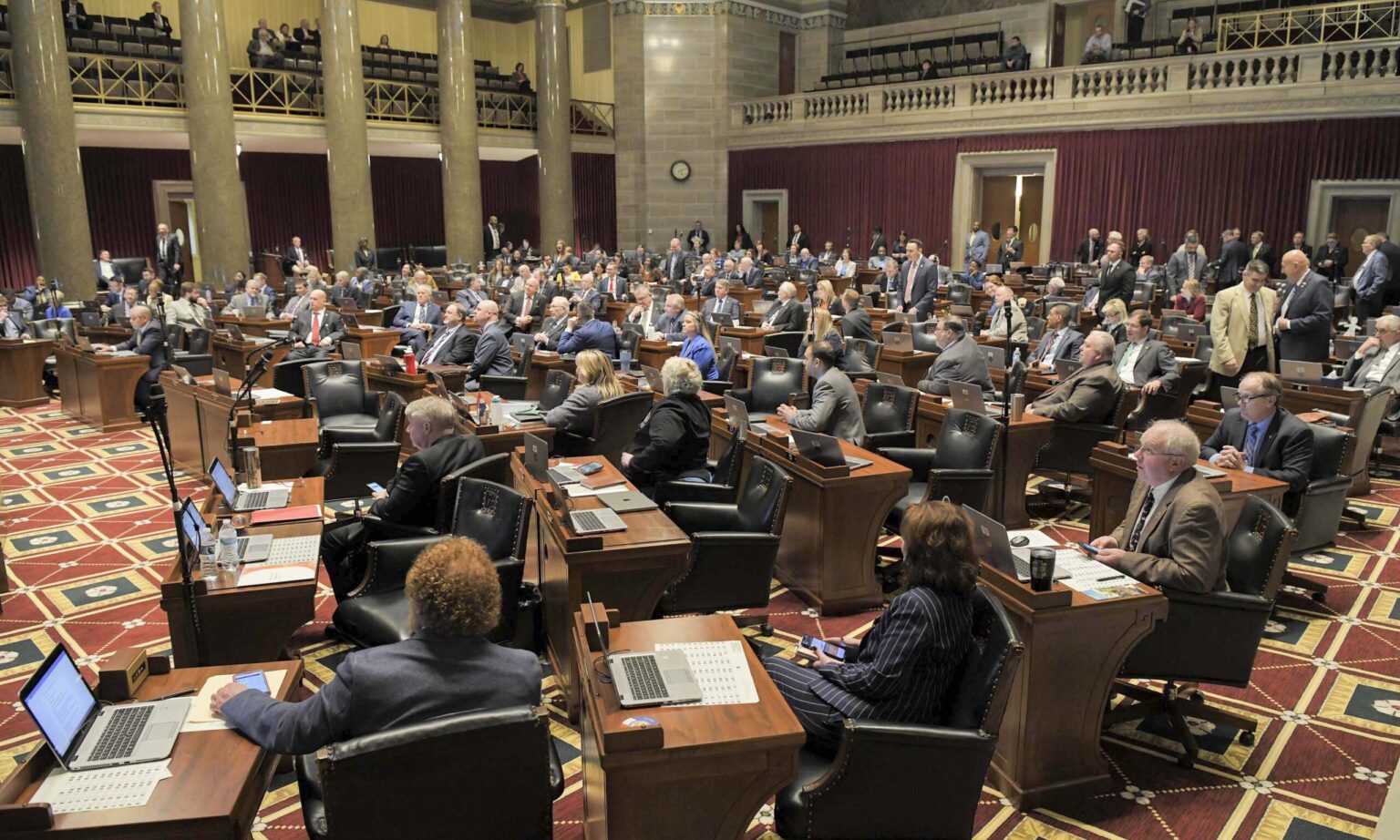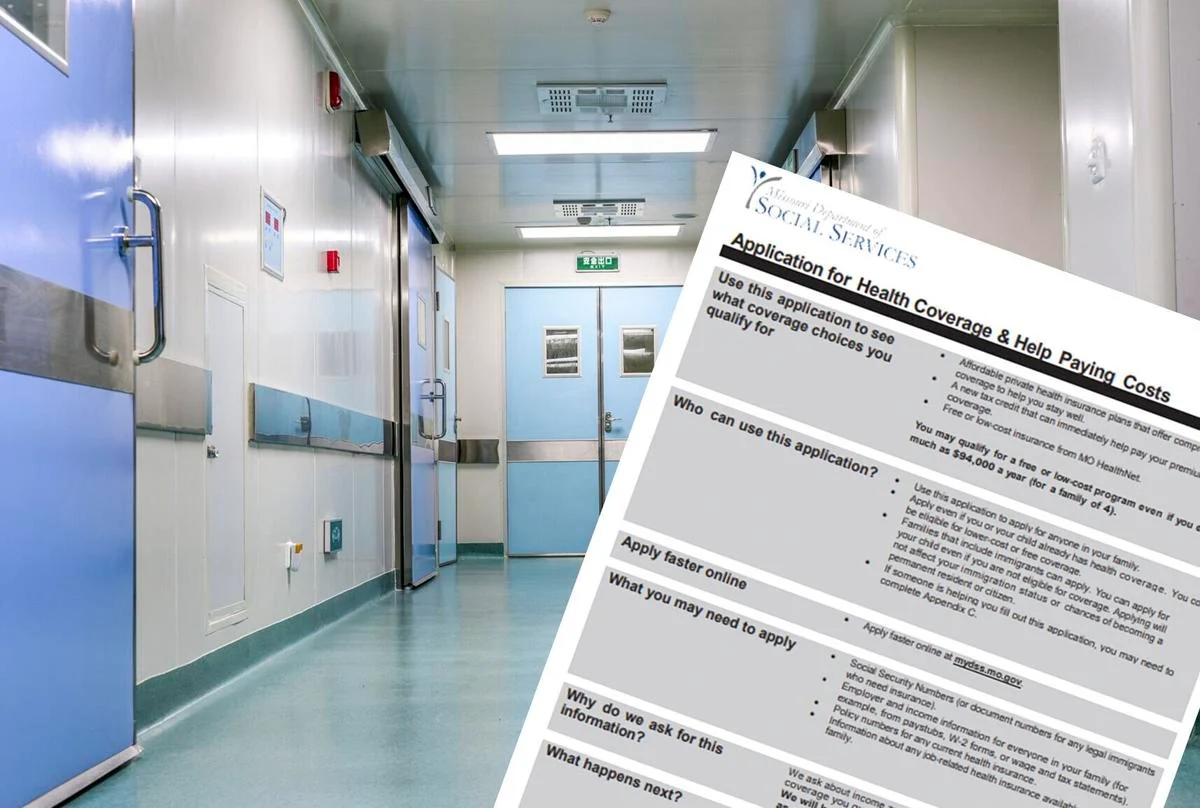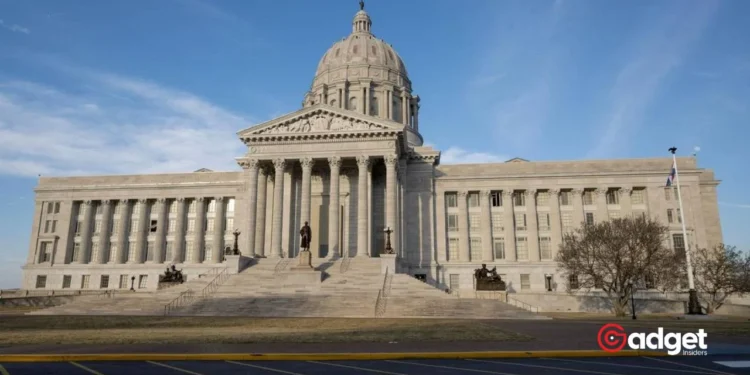In a critical move for public health funding, the Missouri GOP-led Legislature has successfully renewed a significant Medicaid program, securing over $4 billion, which had become a hot-button issue in recent state politics. The renewal of this crucial tax on hospitals and medical providers was confirmed on Wednesday, culminating months of political maneuvering and intense debate within the state’s corridors of power.

The Bill’s Journey Through the Legislature
The measure, which now awaits Governor Mike Parson’s signature, is a keystone of Missouri’s healthcare financing, drawing down an impressive $2.9 billion in federal funds. These funds are pivotal, returned to healthcare providers to support the care of low-income residents under Medicaid. The continuation of this tax is seen not only as a fiscal formality but as a vital lifeline for the state’s health services.
A filibuster blocking renewal of taxes essential to funding Medicaid passed 25 hours Wednesday morning as a small group of Republicans held the Missouri Senate floor, demanding action on other bills. Access https://t.co/TY4nZxyNB0 for the story. #JCMO #MidMo
— Jefferson City News Tribune (@NewsTribune) May 2, 2024
Political Strife and Legislative Tactics
The road to this renewal was far from smooth. The Senate’s Freedom Caucus, a faction within the Republican party, had previously stalled the bill, using it as leverage in broader political strategies. Their aim was clear: to push through other legislative priorities, including a controversial measure to exclude Planned Parenthood from the state’s Medicaid program—a goal achieved last month.

Escalating Demands and Strategic Compromises
Following their initial success, the Freedom Caucus upped the ante, demanding changes to the state constitution’s amendment process. Specifically, they sought to raise the threshold for constitutional amendments to require not just a simple majority of state-wide votes but also approval across a majority of congressional districts. This proposed change, however, has yet to clear the legislative hurdles.
Despite these ongoing demands, a breakthrough came last week when Caucus members permitted a final Senate vote on the Medicaid tax, leading to its passage.
The House Responds to Medicaid Funding Urgency
By Wednesday, the action shifted to the House, where members voted overwhelmingly (136-16) to pass the hospital tax renewal. Democratic House Minority Leader Crystal Quade emphasized the tax’s fundamental role, stating it was essential “to function as a government” and “provide the most basic services.” Quade passionately argued that such critical fiscal tools should not be manipulated as bargaining chips in political standoffs.
Opposition Perspectives on Federal Dependency
Not all lawmakers were in agreement, however. Republican Rep. Tony Lovasco voiced concerns over Missouri’s dependency on federal funds, critiquing the state’s reliance on what he termed “manufactured, printed money” from the federal government to sustain its operations. This perspective highlights a broader debate within the state over fiscal independence and the sustainability of federal aid.

Missouri’s Medicaid Renewal: Implications and Future Challenges
With the bill set to be signed by Governor Parson, Missouri looks to secure its healthcare funding for the foreseeable future. However, the political dynamics exposed during this process suggest that similar challenges and debates will likely resurface. The implications of this renewal extend beyond immediate financial relief, potentially shaping Missouri’s legislative landscape and healthcare policies for years to come.
This episode underscores the intricate balance between healthcare funding and political strategy, a balancing act that continues to define the legislative process in Missouri. As the state moves forward, all eyes will be on the implementation of this renewed tax and its impact on Missouri’s ability to provide essential services to its most vulnerable populations.










